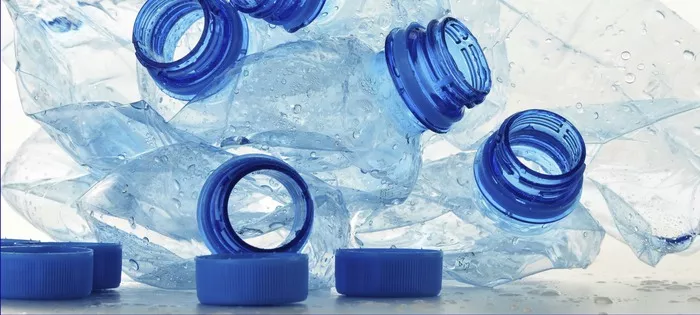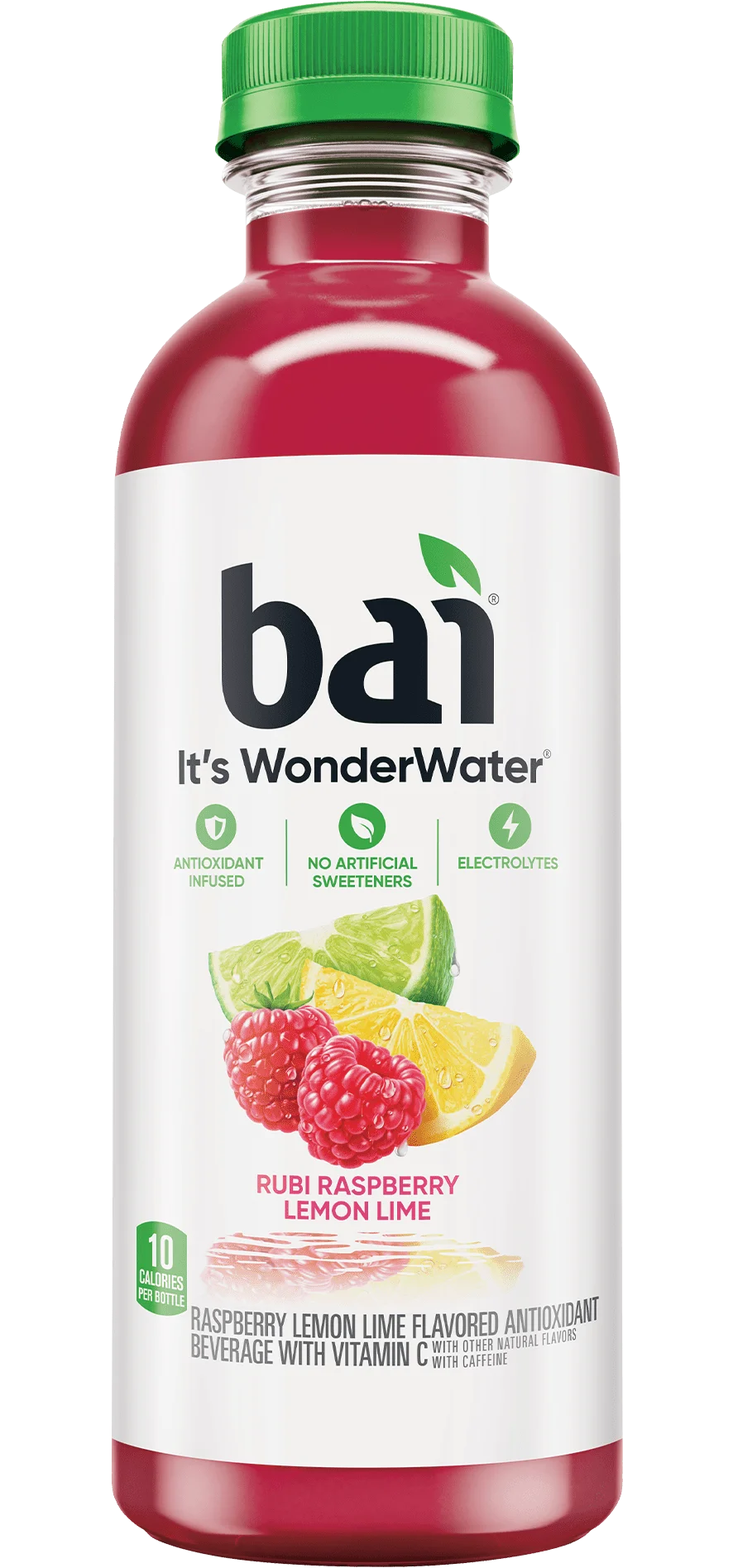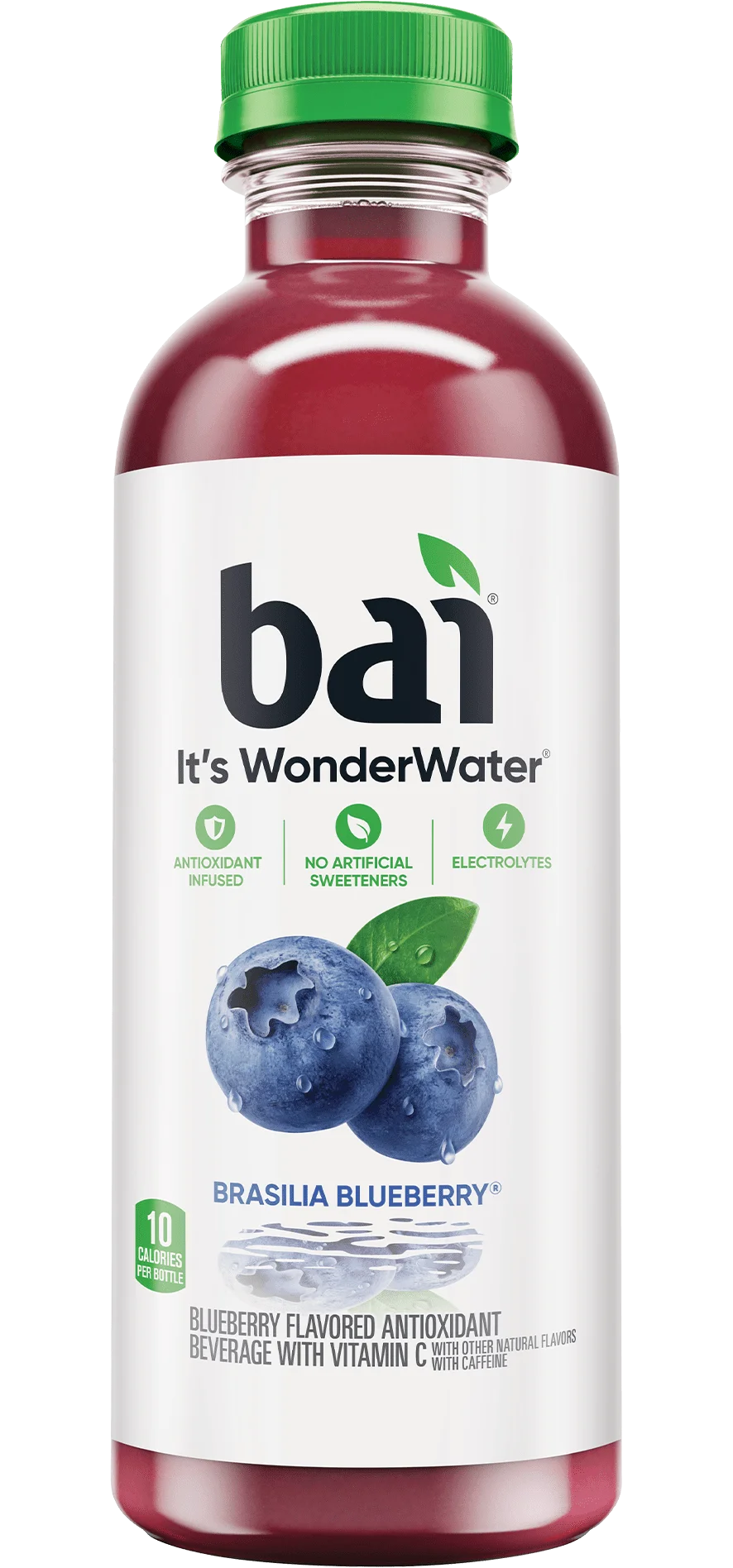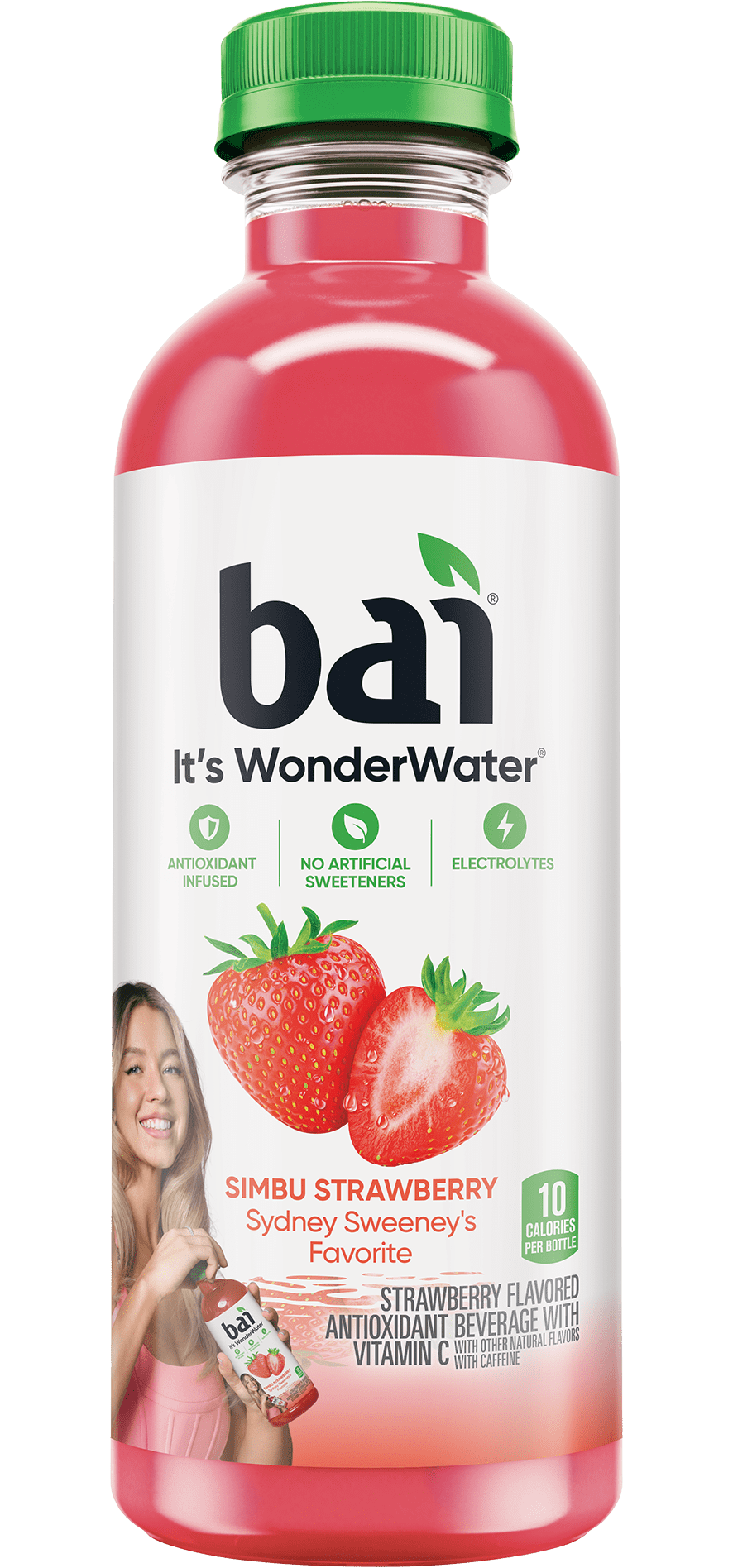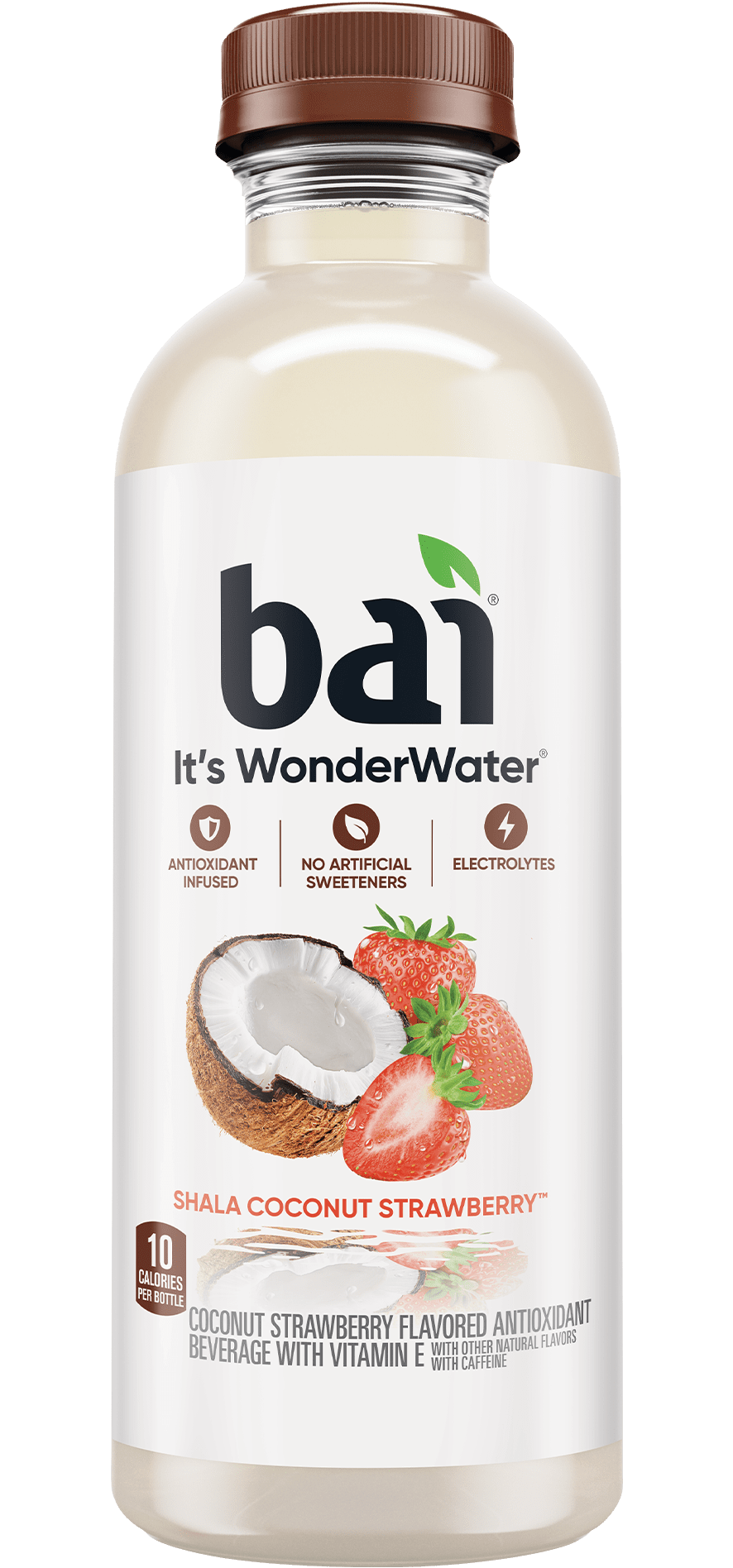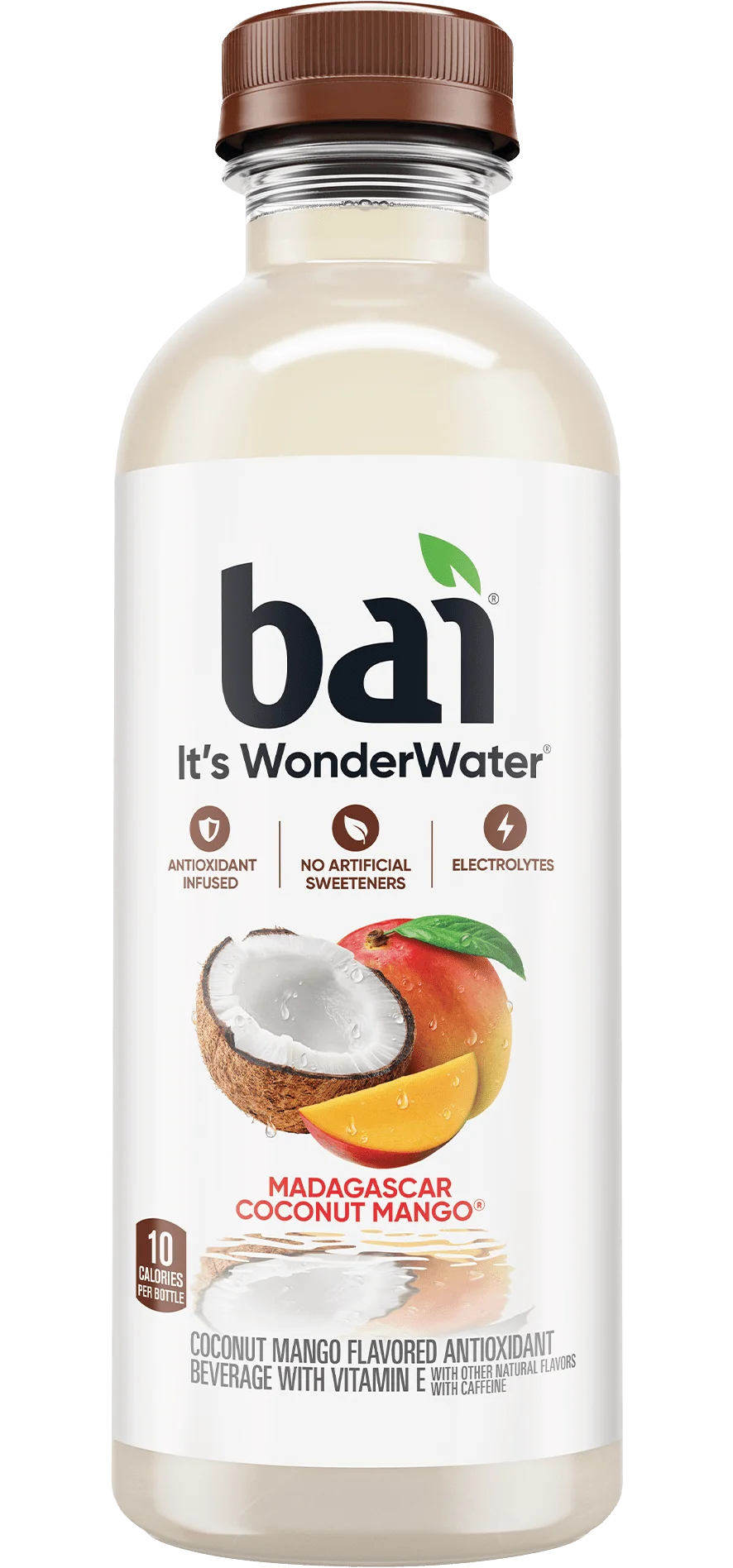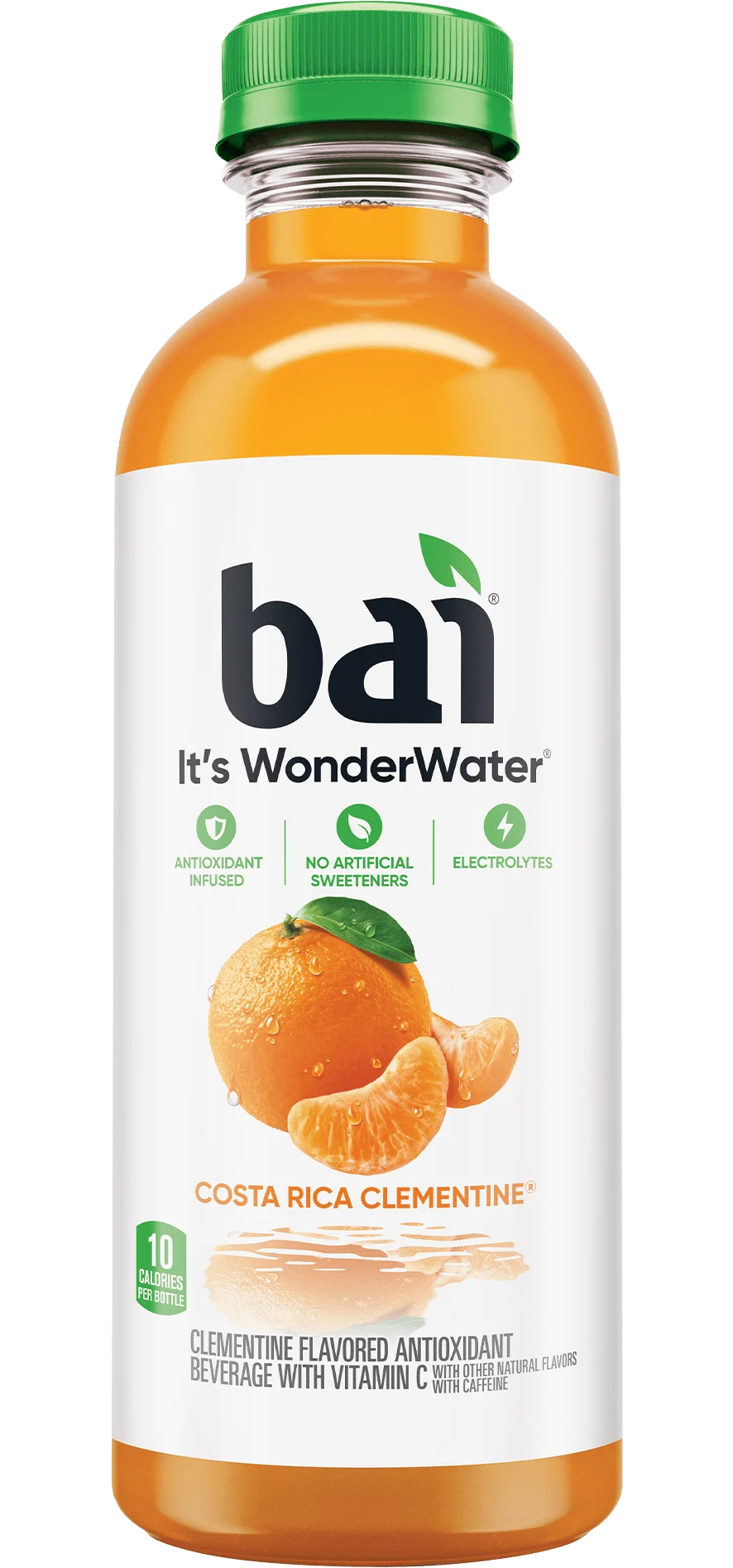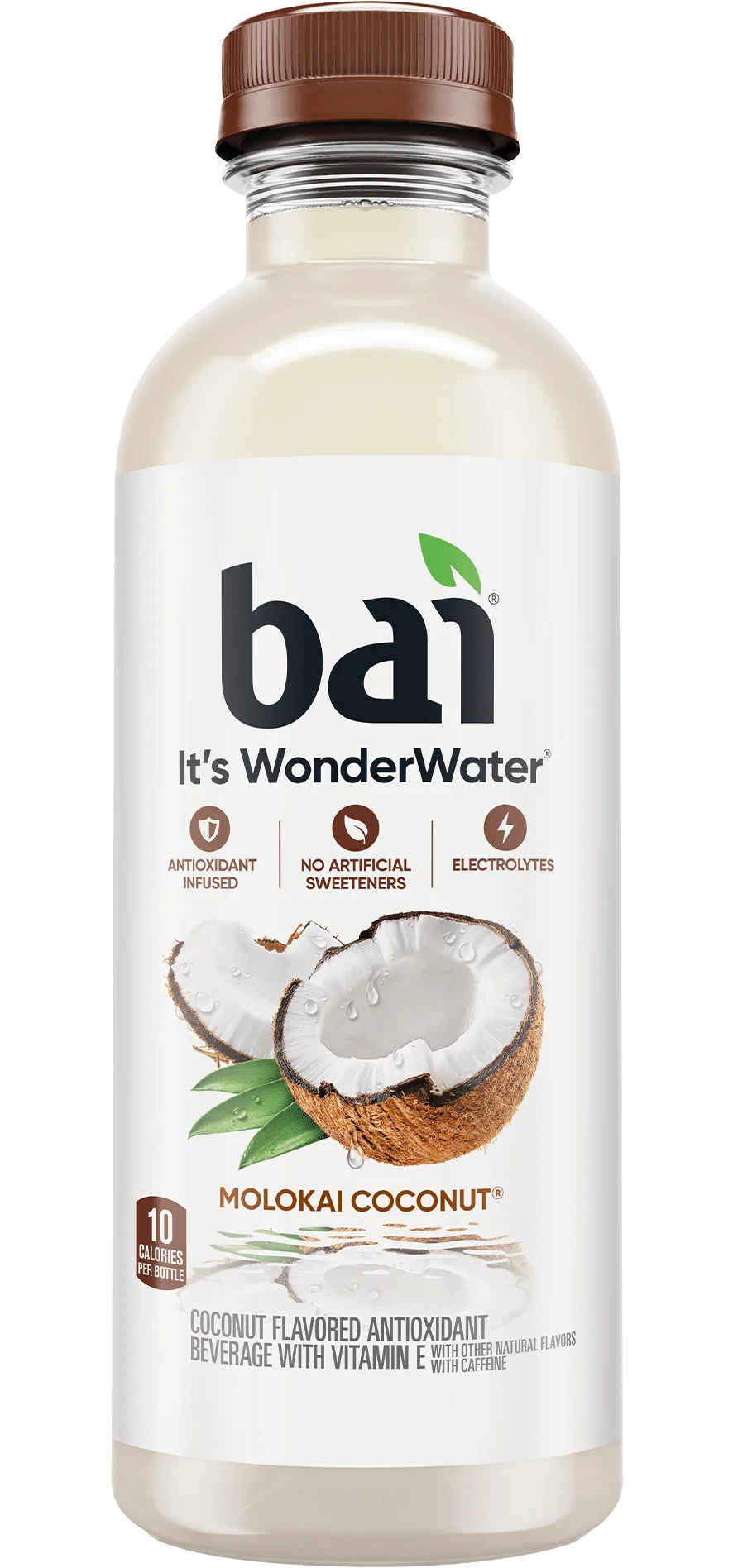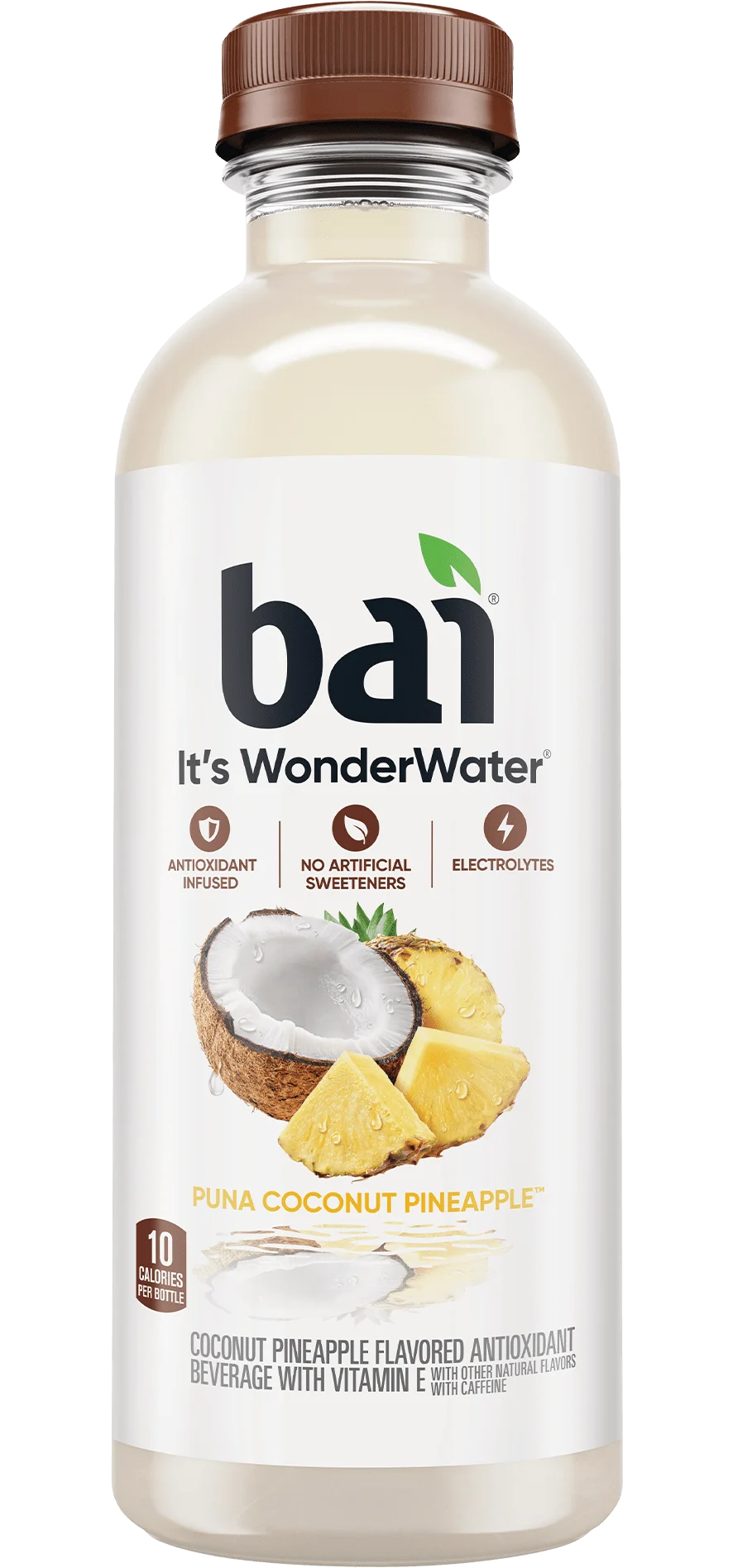BPA-free products gained much popularity after research suggested that BPA (Bisphenol A) could leach into food products and pose a possible threat to human health, especially in children. Studies suggest that BPA acts as an endocrine disruptor and estrogen mimicker, and has the potential to produce adverse reproductive, metabolic and immunologic effects. Those looking to avoid BPA exposure can turn to products labeled BPA-Free.
BPA Background
Bisphenol A was first synthesized by the Russian chemist A.P. Dianin. It is used to make polycarbonate plastics and epoxy resins, which are found in hard plastic items and in the coatings of food and drink cans. It is also used to make other consumer products such as compact discs, eyeglass lenses, household electronics and medical devices.
In its 2008 report on BPA, the National Toxicology Program expressed “some concern for effects on the brain, behavior, and prostate gland in fetuses, infants, and children at current human exposures to Bisphenol A. The Program also expressed “minimal concern for effects on the mammary gland and an earlier age for puberty for females in fetuses, infants, and children at current human exposures to bisphenol A” and “negligible concern” for other outcomes. With an “innocent until proven guilty” approach to the FDA approval process, it is no surprise that the safety of a chemical additive in food products is being revisited. Current research gains more prospective for debate on the safety BPA.
Studies Cause Concern
Past evidence suggests that BPA can leach into food and beverages, especially when these packages are heated, raising consumer concern about the safety of ingesting such a chemical. The 2003-2004 National Health and Nutrition Examination Survey (NHANES III) conducted by the Centers for Disease Control and Prevention (CDC) found detectable levels of BPA in 93% of 2517 urine samples from people six years and older. Soon after, research suggested that BPA acts as an endocrine disruptor and estrogen mimicker with the potential to produce adverse reproductive, metabolic and immunologic effects. These risks were thought to be greater in infants and children, as well as in the developing fetus, and so products containing BPA were not recommended for children. The FDA initially avoided banning BPA due to a lack of conclusive evidence properly demonstrating a true harm to health, so it was surprising to some in 2012 when the agency banned the use of BPA in baby bottles and cups .
Decrease Exposure To BPA
The potential effects of BPA concern many, and countries such as Canada and some of those in the European Union have banned the use of the chemical. Though the FDA has not issued any outright bans, many US companies offer BPA-free products for those looking to reduce their exposure. To further avoid exposure to BPA, one can take a few steps, including
- Check your containers. Plastic containers have recycle codes on the bottom. Some, but not all, plastics that are marked with recycle codes 3 or 7 may be made with BPA.
- Reduce your use of canned foods. BPA-free cans are the exception.
- Use baby bottles that are BPA free. Since the FDA didn’t ban BPA in baby bottles and cups until 2012, some older products might still contain BPA.
- Don’t microwave polycarbonate plastic food containers. Polycarbonate is strong and durable, but over time it may break down from overuse at high temperatures.
Are The Dangers Overblown?
Although some studies suggest potential adverse effects from BPA, some studies do not. This controversy has prevented the FDA from enforcing an outright ban until more conclusive evidence surfaces. In fact, some evidence has suggested that the effects of BPA on the human body are overhyped.
Many argue that since BPA has such a short half-life , which is the time it takes half of an ingested chemical to be excreted from the body, it leaves the body too quickly to pose any major threat. BPA has a half-life of about 6 hours, roughly the same as that of caffeine .
Further, the Canadian government, which was one of the firsts to bring up possible dangers of BPA, recently announced that in a routine testing of food products, they found that all canned food they tested was safe to consume.

